Speaker
Description
In 2021 the oversight and future development of the Shielding Integral Benchmark Archive Database (SINBAD) was transferred to the SINBAD Task Force (TF) supervised by the OECD NEA Expert Group on Physics of Reactor Systems (EGPRS). The TF consist of shielding experts, experimentalists, and benchmark evaluators from the EGPRS and other invited experts. It was originally mandated to operate for three years until February 2024. Given its success in establishing new processes and reestablishing communities of practice, it was decided during the last EGPRS meeting in February of 2024 to continue its operation.
Since its inception, the TF has established its own unique process and procedures to develop, review, and publish SINBAD benchmarks. This includes using a unified benchmark report format (or template), moving development and review of benchmarks to a Git repository hosted by the NEA Data Bank, and development of SINBAD maturity levels that make the process of developing and reviewing SINBAD benchmarks modular. Some of these details have been presented in the past [1], so this presentation will provide an overview of these details and focus on recent changes. Some of the important changes are including the concept of Quality Reviews developed by I. Kodeli and E. Sartori [2] and opening the SINBAD Git repository to all SINBAD licensees. In order for a SINBAD benchmark to reach maturity level 4, a quality review will need to be completed and a grade (1, 2, or 3 stars) assigned to the benchmark. Opening the Git repository to all SINBAD licensees represents a monumental shift in the development of benchmark evaluations. This will allow licensees to create Git issues that are essentially “bug reports” to the maintainers of the Git repository. If licensees are so inclined, they can help address these issues themselves. Licensees can also submit simple additions to the repository, like adding a new radiation transport code input file. Finally, allowing all SINBAD licensees access to the Git repository means that licensees will have immediate access to newly published or revised entries in SINBAD.
If you or your colleagues have interest in participating in the SINBAD TF, please contact the authors of this paper.
[1] T. M. Miller, O. Buss, and M. Fleming, “The Task Force to Reinvigorate SINBAD,” Proceedings of the 14th International Conference on Radiation Shielding and the 2022 Topical Meeting of the American Nuclear Society Radiation Protection and Shielding Division, Seattle, Washington, September 25-29, 2022, https://doi.org/10.13182/ICRSRPSD22-39408 (2022).
[2] I. Kodeli and E. Sartori, “SINBAD – Radiation shielding benchmark experiments,” Ann. Nucl. Energy, 159, 108254, https://doi.org/10.1016/j.anucene.2021.108254 (2021).
| Scientific Topic 3 | Code benchmarking and intercomparison |
|---|

